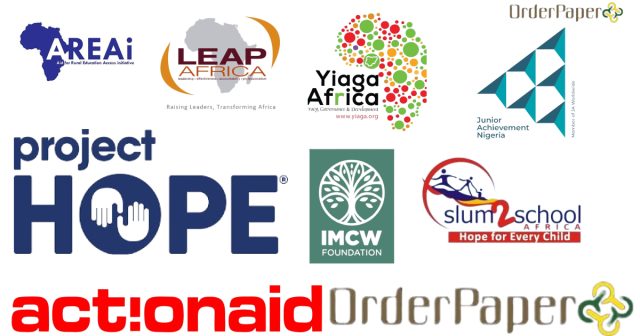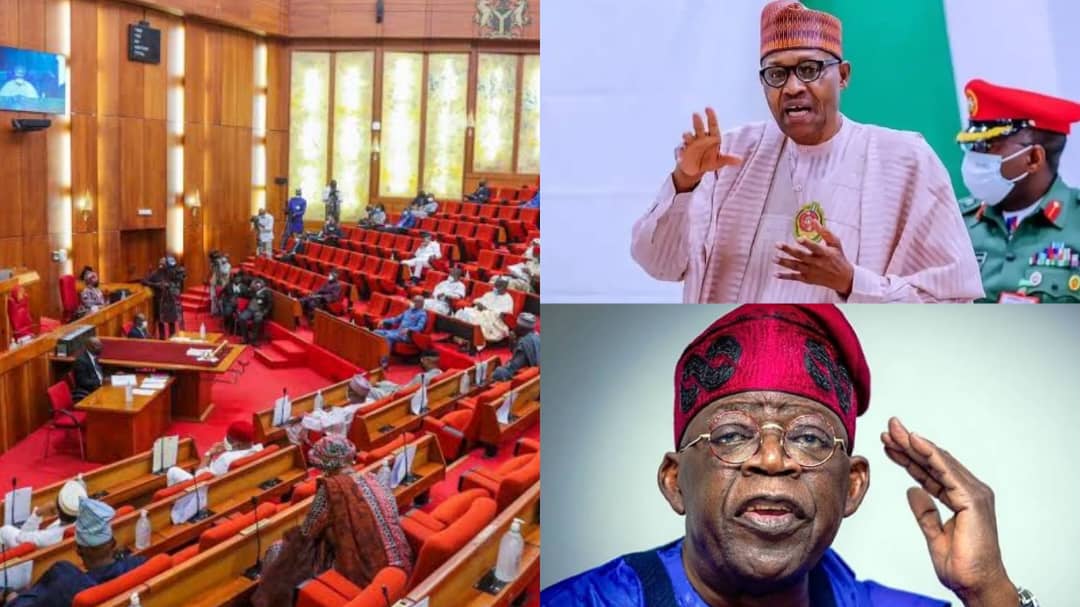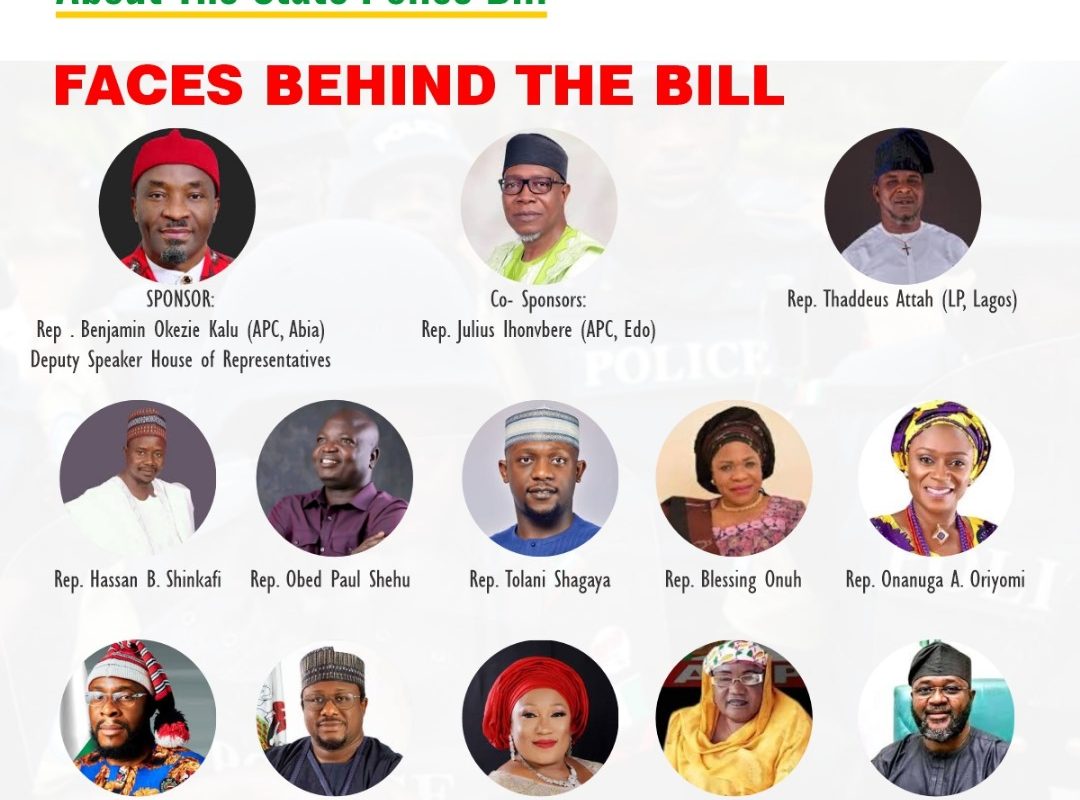We explore and present a scorecard of our recent LIFE article and predictions showing how well the predictions aligned with the actual legislative landscape.

In the ever-evolving landscape of legislative affairs, accurate predictions play a crucial role in understanding the direction a country’s governance might take.
OrderPaper’s Legislative Intelligence Forecast Entry (LIFE) article exemplified this proficiency by successfully predicting pivotal legislative developments.
As anticipated, a series of pivotal bills have indeed driven robust debates, discussions, and decisions within the Nigerian legislative landscape, aligning closely with the predictions outlined in the LIFE article.
Let’s delve into the scorecard and evaluate how well the predictions align with the actual legislative landscape.
The predictions put forth by OrderPaper included a bill calling for the regulation of NGOs, 2 bills seeking to amend critical areas of the constitution, and a bill on cybercrimes from the Senate with the expectation to drive debates, discussions, and decisions in the coming days.

Regulation of NGOs Bill:
True to the LIFE article’s forecast, a bill calling for the regulation of Non-Governmental Organizations (NGOs) emerged as a focal point of legislative attention. The proposed bill aimed to introduce mechanisms for enhanced oversight and accountability within the NGO sector, addressing concerns surrounding transparency and compliance with regulatory standards.
Although it was listed on the Order Paper of the House of Representatives, it was not discussed on the floor due to other pressing matters. However, the proposed legislation sparked heated debates nationwide as stakeholders engaged in extensive discussions, highlighting concerns over potential implications for civil society, transparency, and democratic freedoms.
The fruition of this prediction underscores the prescience of OrderPaper’s analysis, highlighting the publication’s acumen in foreseeing legislative trends.

Constitutional Amendment Bills:
The LIFE article also forecasted the introduction of two bills aimed at amending critical areas of the constitution. One bill aimed to revise the educational qualification requirements for certain elected positions, igniting debates surrounding the intersection of educational standards and political representation.
Additionally, another bill proposed the establishment of state police, prompting deliberations on matters of security, federalism, and law enforcement dynamics across Nigeria’s diverse regions.
In a twist, another constitutional amendment bill emerged seeking to move the country from its present presidential system of government to the parliamentary system of government as the Senate also constituted a committee for constitutional amendment.
As anticipated, these proposed constitutional amendments led to intense debates and deliberations among lawmakers. The meticulous analysis provided by OrderPaper enabled stakeholders to anticipate and engage with these consequential legislative initiatives effectively.
The educational amendment bill became a focal point of legislative discussion when it was raised. Lawmakers engaged in robust debates, considering the potential implications and benefits of these proposed changes to the constitution. It was stepped down as the opposition to the bill almost caused a sharp division in the house.
On state policing, even President Bola Tinubu urged the state governors to move for the implementation of state policing as lawmakers called on the Inspector General of Police (IGP) to work towards implementing community policing.

Cybercrimes Bill:
Furthermore, the LIFE article accurately predicted the introduction of a bill on cybercrimes from the Senate. This legislative proposal aimed to address the burgeoning challenges posed by cyber threats and digital vulnerabilities.
The bill spoke to issues concerning privacy rights, data protection, and law enforcement capabilities in the digital age and the imperative for robust legal frameworks to combat cyber threats effectively.
True to the forecast, the bill sparked some drama when it was snuck in at the House of Representatives having been excluded from the Order Paper, and copies of the Bill were not provided for lawmakers. It had to be dropped immediately as it did not follow the legislative process.
The impact of these legislative developments is likely to reverberate across Nigerian society, shaping governance structures, civil liberties, and law enforcement practices. As lawmakers navigate complex policy terrain, the LIFE article’s insights provide invaluable guidance for understanding and interpreting the evolving contours of Nigerian governance.
The accuracy of the LIFE article’s predictions serves as a testament to the depth of insight and analytical rigor employed by OrderPaper in forecasting legislative trends.
The accuracy of these predictions underscores the publication’s commitment to providing insightful and foresighted analysis of legislative trends. As lawmakers continue to navigate the complex terrain of governance, reliable forecasts such as those presented by the LIFE article prove invaluable in understanding and shaping the legislative landscape.
Moving forward, the LIFE article stands as a testament to the enduring relevance and impact of rigorous legislative forecasting in an ever-changing political landscape.
David Oputah
Oputah David M is a Bloomberg-trained Journalist with a diversified experience in online journalism and newsroom management. He is a 2023 MTN Media Innovation fellow!



